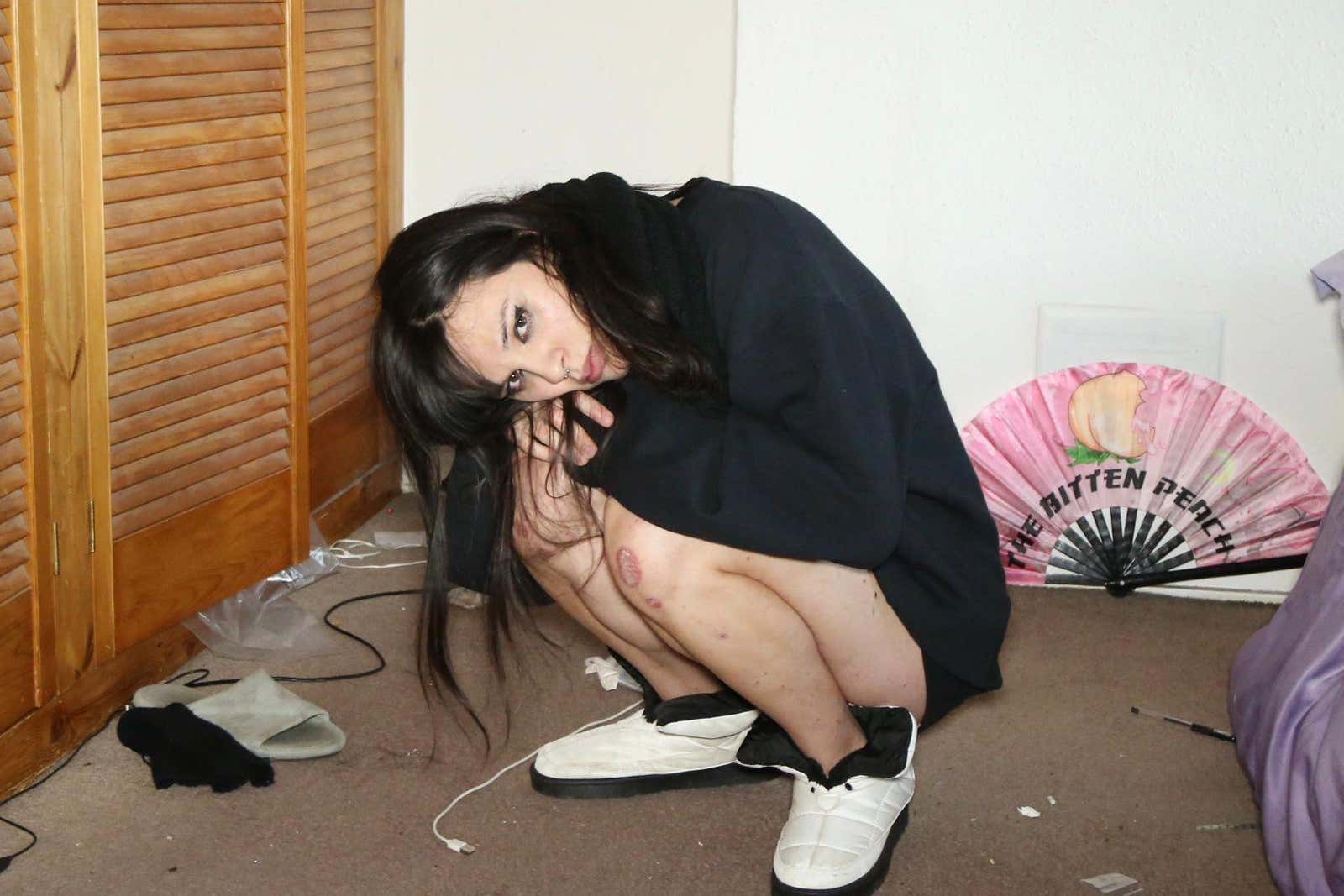Pride is not for people like me, says East Asian trans musician
Enxi Erskine-Chang, from London, believes more needs to be done to celebrate transgender individuals during Pride Month.

An East Asian female transgender musician has said she feels “Pride Month isn’t really for people like me” and encouraged people to remember that “pride is a protest”.
The PA news agency is interviewing a series of people to mark Pride Month in June, including Enxi Erskine-Chang, a singer-songwriter and DJ from London.
Ms Erskine-Chang has spent every weekend in June curating a line-up for Body Swap which is a music event to highlight DJs, performers and musicians of colour at Dalston Superstore, a gay bar in east London.
The 25-year-old, who goes by stage name Princess Xixi, said she was “really excited” to showcase musicians in drill, garage and UK-based music as this is an area she feels is seldom seen in the LGBT+ community.
“I feel like in the queer scene that kind of music is very underrepresented,” she told PA.
Ms Erskine-Chang hopes to use her art and music to help people “understand more about the communities that I’m a part of” and hopes her craft resonates with many different members of society.
“I feel like if I am going to talk about my identity in my music and be open about it, I hope that what it does is that it encourages people who aren’t trans or aren’t mixed race or aren’t East Asian or aren’t Chinese to engage with my art and the work that I do and understand more about the communities that I’m a part of,” she said.
– How do you feel about Pride Month?
While Ms Erskine-Chang appreciates the importance of Pride Month, she feels the event could do more to celebrate transgender individuals.
“I’m a trans woman – Pride Month isn’t really for people like me. We sort of exist on the margins of the LGBTQ community,” she said.
“I think Pride represents something very important. But what I will say is trans pride is the real pride.”
She also wants to remind people of the origins of Pride Month, which began as a protest during the Stonewall Riots that took place in the United States in June 1969.
“I think Pride Month would be really nice if we collectively did not lose sight of the fact that pride is a protest and pride was always supposed to be a protest,” Ms Erskine-Chang said.
“That should be at the forefront of what we do during Pride.”
– What is it like being a trans woman in the music industry?
The singer-songwriter said that while music by trans women might be well-liked she believes that the general public lack a desire to see people like her in mainstream pop.
“In order to get accepted into certain groups or certain spaces, I have to work five or 10 times as hard just to get my foot in the door, and I still feel like my place in those spaces is very precarious,” she explained.
“I feel like people like our stuff, but don’t necessarily want to see us.
“That’s why I’m quite adamant about having my voice and my face be in everything as I think that kind of representation is important.”
– When did you ‘come out’?
Ms Erskine-Chang believes the notion of ‘coming out’ is “irrelevant” and feels her experience as a trans woman was gradual, but said having East Asian heritage makes being a trans woman “more complicated”.
“There’s a lot of obsession around the whole coming out narrative,” she said.
“We’re born queer so whether I ‘came out’ or not is irrelevant to the fact that I’ve experienced being a trans woman my whole life.”
The musician admits to delaying her coming out process to avoid “giving into the stereotype” and being seen as a “ladyboy” – a sometimes offensive term to refer to a transgender woman from East Asia.
“I think the biggest thing that kept me from coming out and kept me in the closet was if I transition or if I was visibly trans and femme presenting it would be giving in to the ladyboy stereotype,” she explained.
Her songs used to heavily feature Chinese lyrics, but despite not using the language in her music any more, she said her identity as someone with a dual heritage living in the UK continues to play a large part in her music and day-to-day life.
“Being British Chinese is who I am and that’s the culture I was raised in… so realistically it affects everything and it’s part of everything I do, whether it’s obvious or not,” she said.
Bookmark popover
Removed from bookmarks